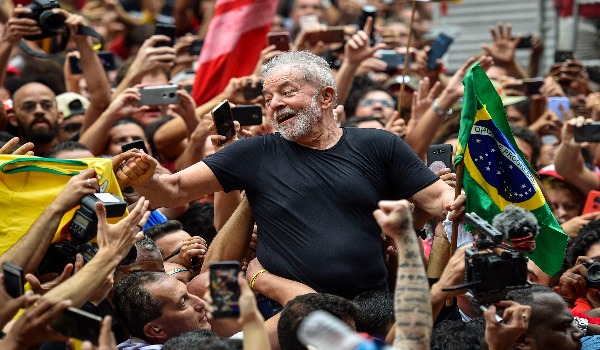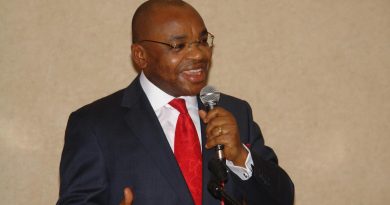Leftist Lula beats incumbent Bolsonaro in Brazilian presidential runoff to return to power
Brazil’s former president Luiz Inacio Lula da Silva won Sunday’s presidential runoff election, beating right-wing incumbent Jair Bolsonaro.
The country’s electoral authority has announced the victory of leftist Luiz Inacio Lula da Silva in Sunday’s presidential runoff election.
The 77-year-old former president who had previously ruled Brazil beat right-wing incumbent Jair Bolsonaro in a close race.
The board says that with 99.1 percent of the ballots counted, Lula garnered 50.84 percent, compared with Bolsonaro’s 49.16 percent.
The election focused on how to rebuild the Brazilian economy, which has been battered by the coronavirus pandemic.
Other issues included the protection of the rainforest in the Amazon, which accounts for about 60 percent of the country’s land, and steps to fight corruption.
Lula led the country for two terms between 2003 and 2010. He gained support mainly from the poor with a pledge to reduce the wealth gap, which has been exacerbated by the pandemic.
He also stressed the need for stimulus measures to bolster the economy.
Bolsonaro, on the other hand, rallied support from wealthy and conservative citizens.
In South America, leftist governments have taken power in countries such as Peru, Chile, and Colombia. Many have sought to distance themselves from the United States.
Lula’s victory in Brazil, which has the largest population and economy in South America, is expected to bring changes to the country’s relationship with Washington.
Brazilian President-elect Luiz Inacio Lula da Silva was born in a poor village in the northeastern Brazilian state of Pernambuco. He is 77 years old.
Lula joined Brazil’s labor movement while working as a metal worker. He became a union leader and led strikes.
In 1980, he co-founded the leftist Workers’ Party. He became President in 2003 after serving as a congressman.
During Lula’s two terms in office between 2003 and 2010, Brazil’s economy grew significantly against a backdrop of price hikes for the country’s rich primary resources. The economy saw average annual growth of 4 percent.
Lula’s government used increased tax revenues to help those in need. As a result, the ratio of low-income Brazilians, who once accounted for more than half the population, fell below 40 percent.
Lula was particularly popular among poor Brazilians. His approval rate was said to be over 80 percent when he left office.
Lula was found guilty of receiving bribes from a construction company while in office. He spent a year and seven months in prison starting in April 2018 and was prohibited from running in the 2018 presidential election.
The Supreme Court later annulled his conviction, enabling him to run for the presidency this time.
Lula had maintained a constant lead over incumbent President Jair Bolsonaro in pre-election polls.




